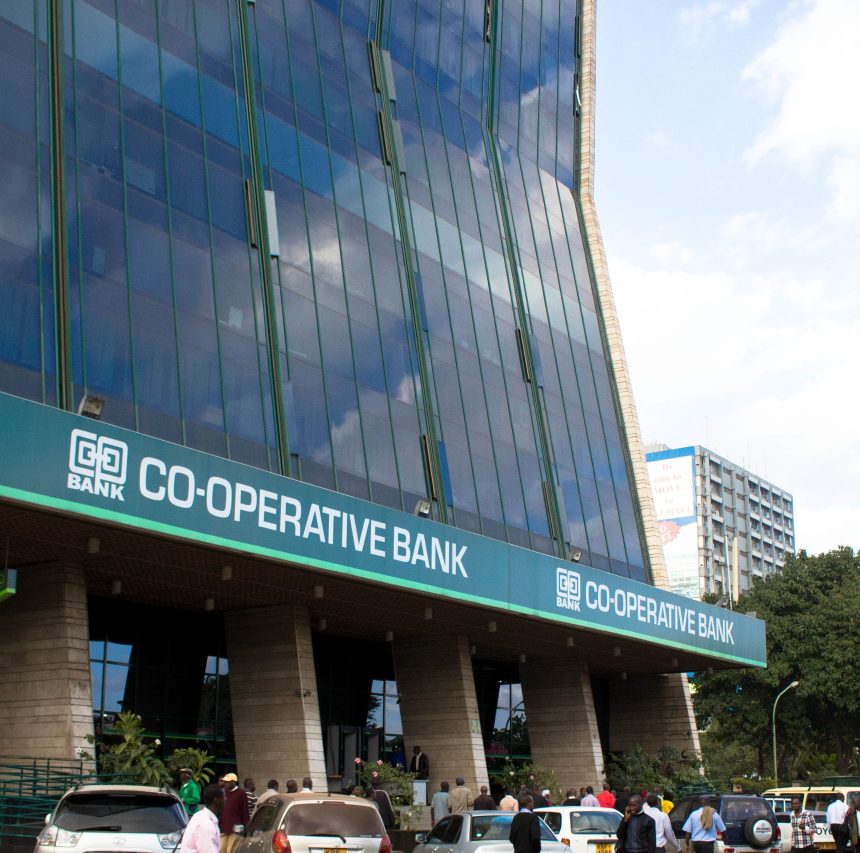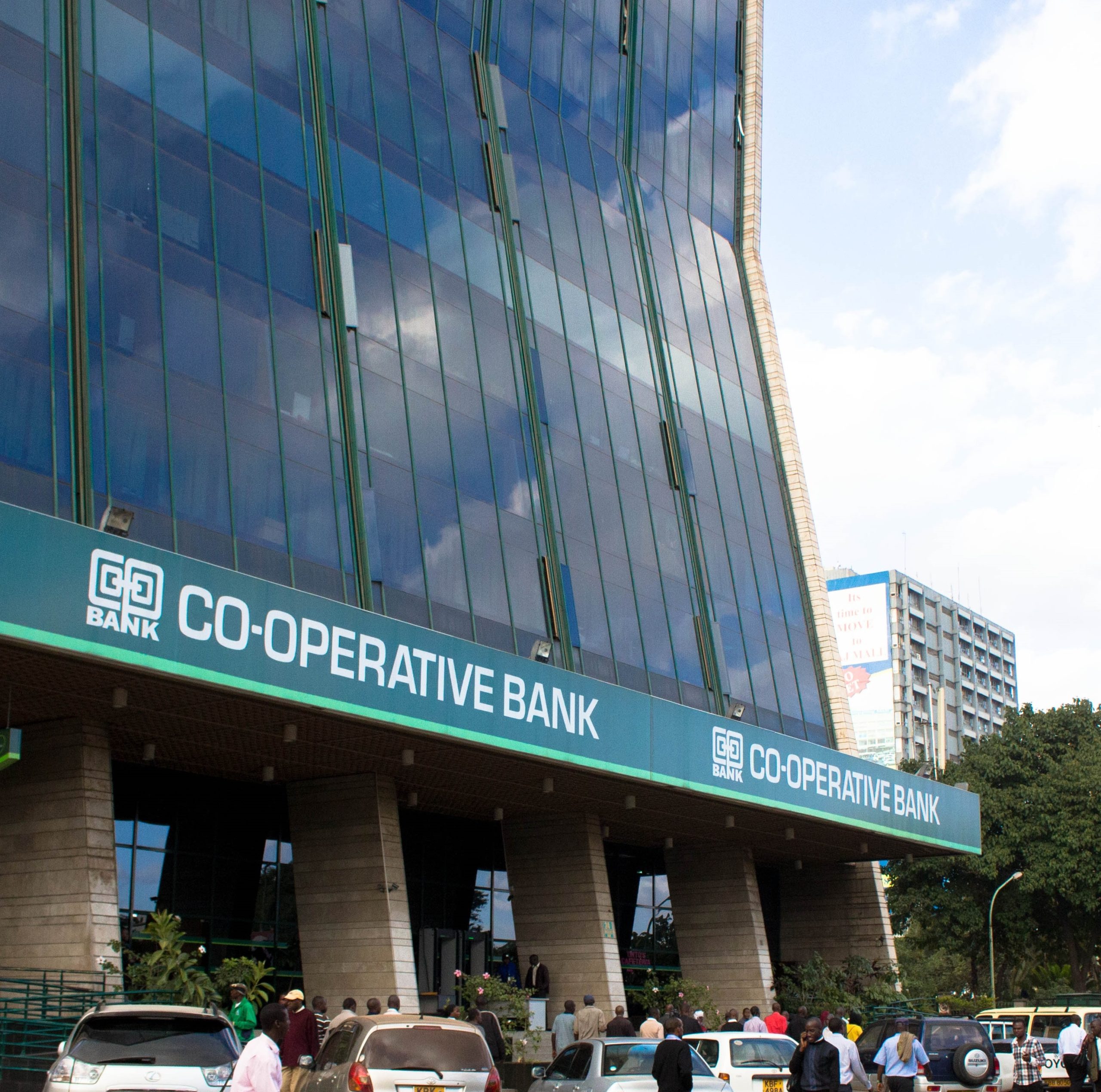Nairobi Coffee Exchange (NCE) has announced the appointment Co-op Bank as the provider of the new Direct Settlement System (DSS) serving coffee value chain players for every sale countrywide.
The DSS is a platform on which coffee trading will henceforth be conducted as provided for in the new coffee trading regime supervised by the Capital Markets Authority (CMA).
Speaking at a Nairobi hotel, NCE acting chief executive Lisper Ndung’u said the move conforms to the coffee reforms being fast-tracked and follows a competitive process which entailed nine other firms.
During the meeting, coffee brokers, traders, warehousemen, coffee farmers and other service providers were inducted by the NCE secretariat and coffee directorate on the workings of DSS.
National Treasury gazetted the Capital Markets (Coffee Exchange), Regulations 2020, on April 3, 2020 which brought the NCE and its members under the regulatory oversight of CMA.
Under this arrangement, players offering coffee for sale at NCE will be brokers, and once dealers buy the commodity, they are supposed to deposit the proceeds into the DSS from where all players will be paid from the facility.
Principal Secretary of Cooperatives Patrick Kilemi said the State will fast-track new reforms in the coffee sub-sector with a view to boosting framers’ morale, adding that coffee production will increase from the current 51,000 MT to 81,000 MT by 2024 and progressively to 260,000MT by 2027.
“This will be achieved by lowering the cost of production through subsidising farm inputs, streamlining the accessibility and disbursement of the cherry advance and revolving fund at New Kenya Planters Cooperative Union (New KPCU),” he said during the training of DSS.
Kilemi noted that several commercial banks including Stanbic and NCBA had also applied to be appointed as DSS provider. “Coop Bank systems were ready, beating the other banks in the first selection to offer the DSS services. However, the other banks still stand a chance as they are working on their systems,” said Kilemi.
Meanwhile, so far 11 coffee co-operative unions have been licensed to sell coffee directly at the NCE and overseas thereby eliminating the need for a middleman between the farmer and the buyer.
“Five other unions will be licensed before the end of August leading to a total of 16 Unions representing coffee farmers across the coffee growing zones,” he added.
Out of the 11 only four companies managed to submit samples for coffee to be traded next week at the NCE.




